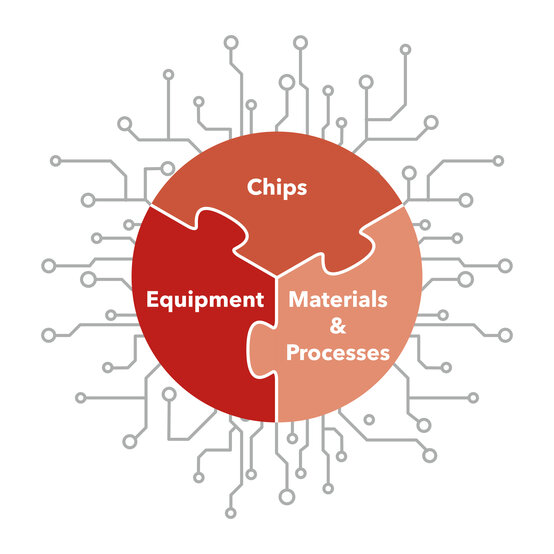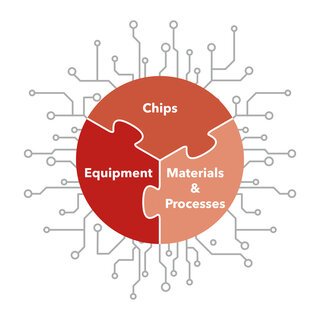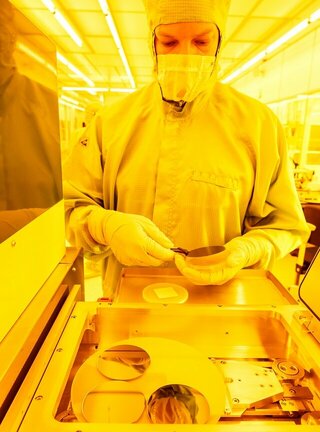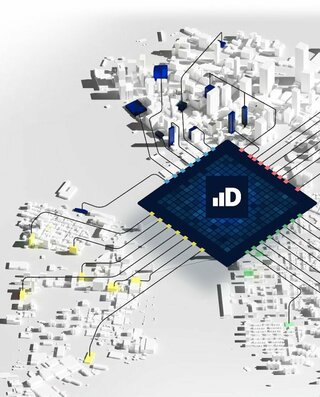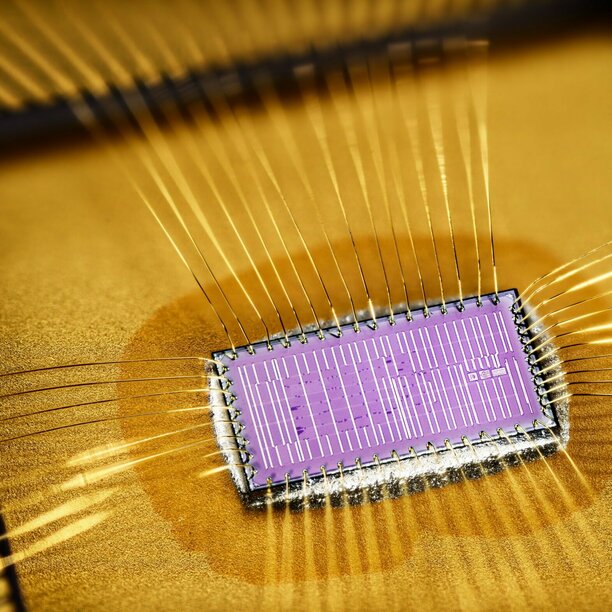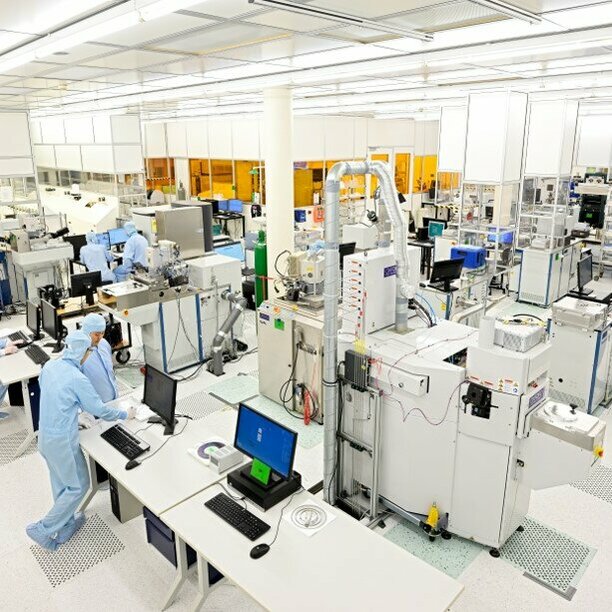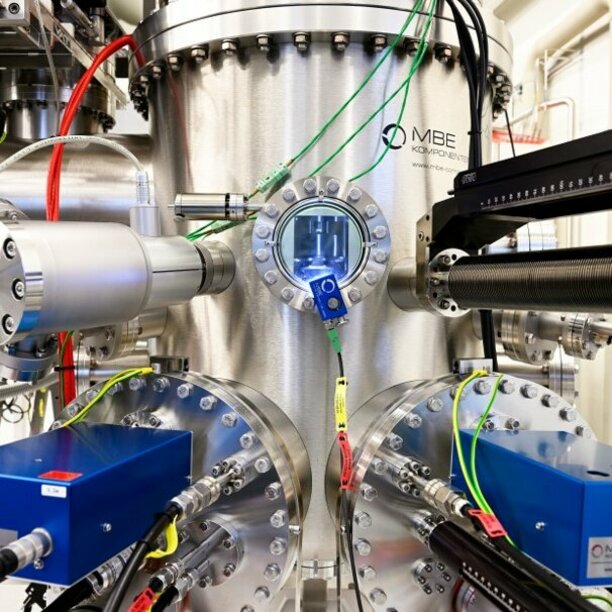The Future of Chips
������ý ranks among the very best internationally when it comes to research on the development of new and advanced equipment, initiative chip design processes, and materials. ������ý’s ability to bring these aspects together is renowned in the semiconductor field.
To enable the future digital revolution, we need to design and manufacture chips that can handle the heavily increasing amount of data and attract highly skilled talent, among many other things. These ‘future chips’ could well originate in the Brainport region, one of the most relevant semiconductor ecosystems in the world.
Our state-of-the-art facilities
Some of these in-house developed test facilities have been designed and built by our own technicians. The fact that we have a very strong technical team, able to do this is at such a sophisticated level is also rather unique.
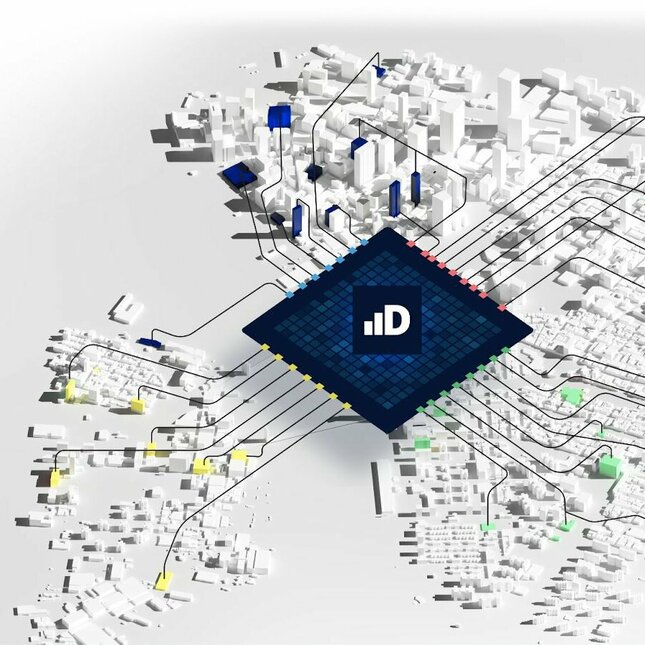
International Ecosystem
Within a 200km radius of ������ý we have a unique regional ecosystem which offers a combination of semiconductor equipment manufacturers, OEMs like ASM and ASML and integrated device manufacturers, IDMs like NXP. It also involves a wide range of other innovative companies, organizations regarding lasers, sensors, design, manufacturing and packaging of (photonic) chips.
This regional ecosystem, including The Brainport region entails many research institutes, start-ups, spin-offs and incubators, like Imec, PITC, HighTechXL and PhontonDelta. Also, in the groundbreaking research of novel materials and quantum circuit design this international ecosystem allows us to push boundaries.
Now that the world is investing heavily in semicon, it is important that we, - research institutes, governments and industry – ensure that the Brainport region is and remains one of the most relevant semicon ecosystems in the world.
As a university, we will contribute to this in various ways; by maintaining and strengthening our top position in semicon research, by building a bridge between science and industry, and by training the much-needed talent. Like we have been doing for the last 40 years.
Related news on future chips





Related research centers & research groups
The Future Chips research is co-working with multiple research groups within ������ý to cover the fields:
-
Chips
-
Material & Processes
-
Equipment
Our main partners
Some of our main partners we work with.
Contact us
-
Bezoekadres
Flux 0.111Gebouwnummer 19Groene Loper 55612 AE EindhovenThe Netherlands -
Contact person
Víctor Sánchez Martin
